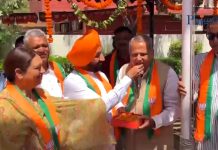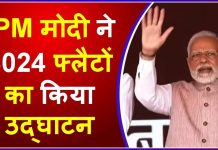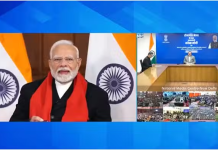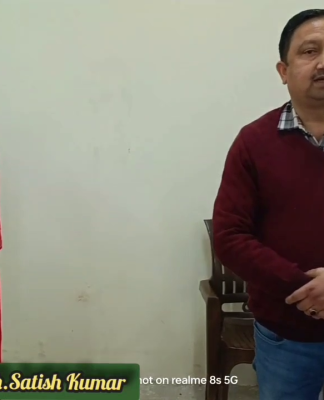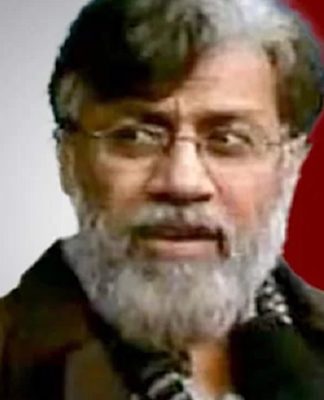New Delhi, April 12:The Supreme Court on Friday ordered all political parties to submit in sealed-cover details of donations received by them through Electoral Bonds till May 15 to the Election Commission.
In an interim order, a Bench headed by Chief Justice of India Ranjan Gogoi asked them to furnish names of donors, the amount received through Electoral Bonds along with their bank accounts to the poll panel by May 30.It said the petition filed by Association for Democratic Reforms challenging validity of Electoral Bonds scheme will be heard in detail later.
The Centre had on Thursday defended before the Supreme Court donors’ anonymity under electoral bonds scheme, saying the new method political funding was a “policy decision” even as the Election Commission questioned it for lack of transparency.Attorney General KK Venugopal had told a Bench headed by Chief Justice of India Ranjan Gogoi that the purpose behind the electoral bonds was to eliminate use of black money in elections.
“So far, as the electoral bond scheme is concerned, it is the matter of policy decision of the government and no government can be faulted for taking policy decision,” Venugopal said. The court can scrutinise it after polls, he had added.
Venugopal had earlier told the Bench, “We have no policy of state funding of elections. Funds are received from supporters, affluent persons and companies. They all want their political party to win. If their party does not win then they apprehend some repercussions and hence secrecy or anonymity is required.”
Venugopal’s submissions were contested by senior advocate Rakesh Dwivedi, representing EC, who had said secrecy in the electoral bonds scheme legalised anonymity.
“Anonymity must go. We want transparency. We want reforms. We cannot go one step forward and two steps backwards. We want free and fair polls,” Dwivedi had said.
He, however, had clarified that the EC was not against the scheme as such, but it had opposed anonymity in it.
ADR counsel Prashant Bhushan had termed it a “retrograde” step as it was against the concept of free and transparent elections. Electoral bonds may be the “kick backs” to the ruling political parties and referred to the replies of the poll panel underlining that the changes made in the law will have serious repercussions on the transparent funding of political parties, he had said.
The petitioner has questioned the validity of various amendments made through Finance Act 2017 and Finance Act 2016 in Companies Act, Income Tax Act, Representation of People Act, Reserve Bank of India Act and Foreign Contribution Regulations Act.















